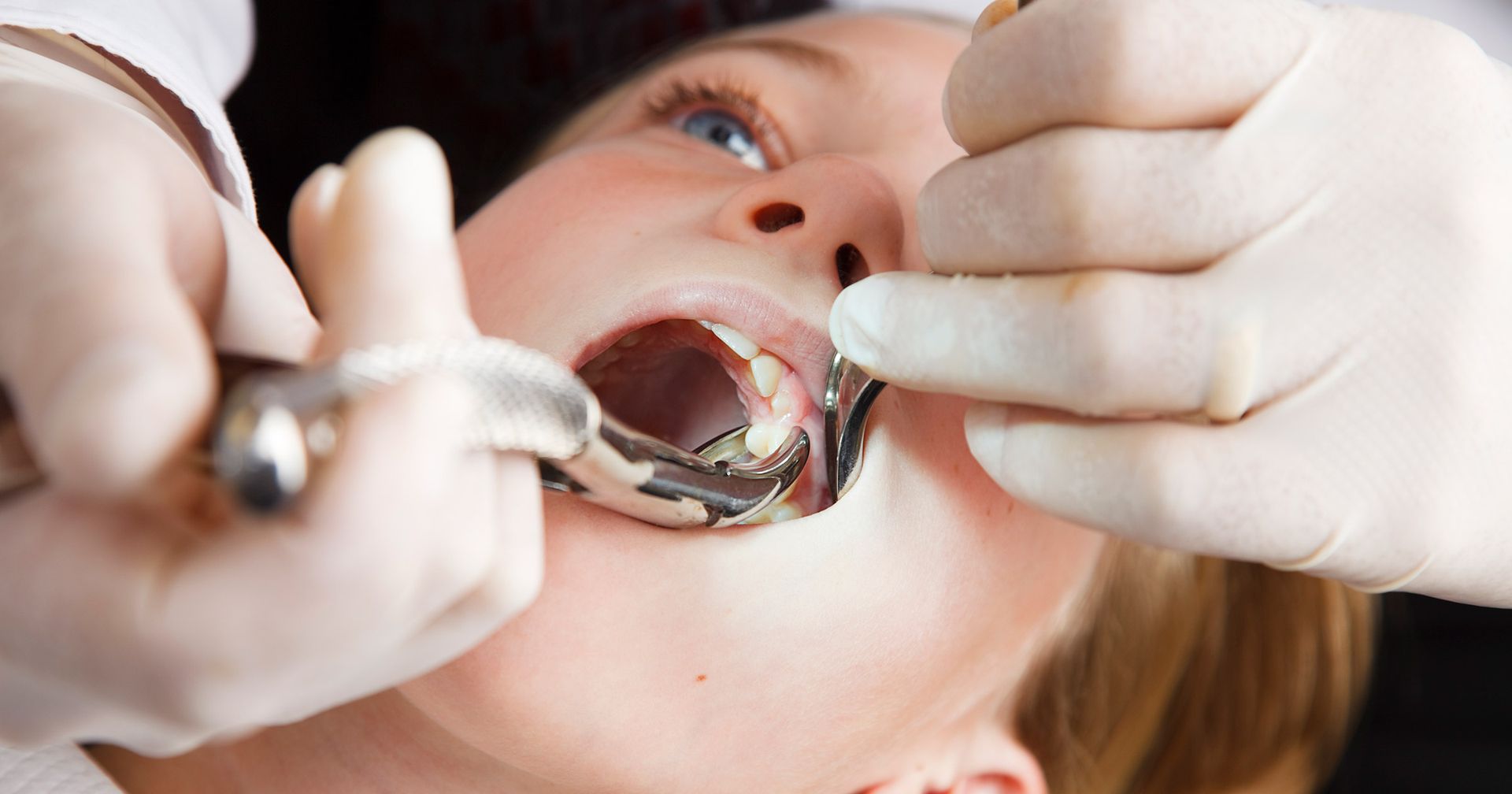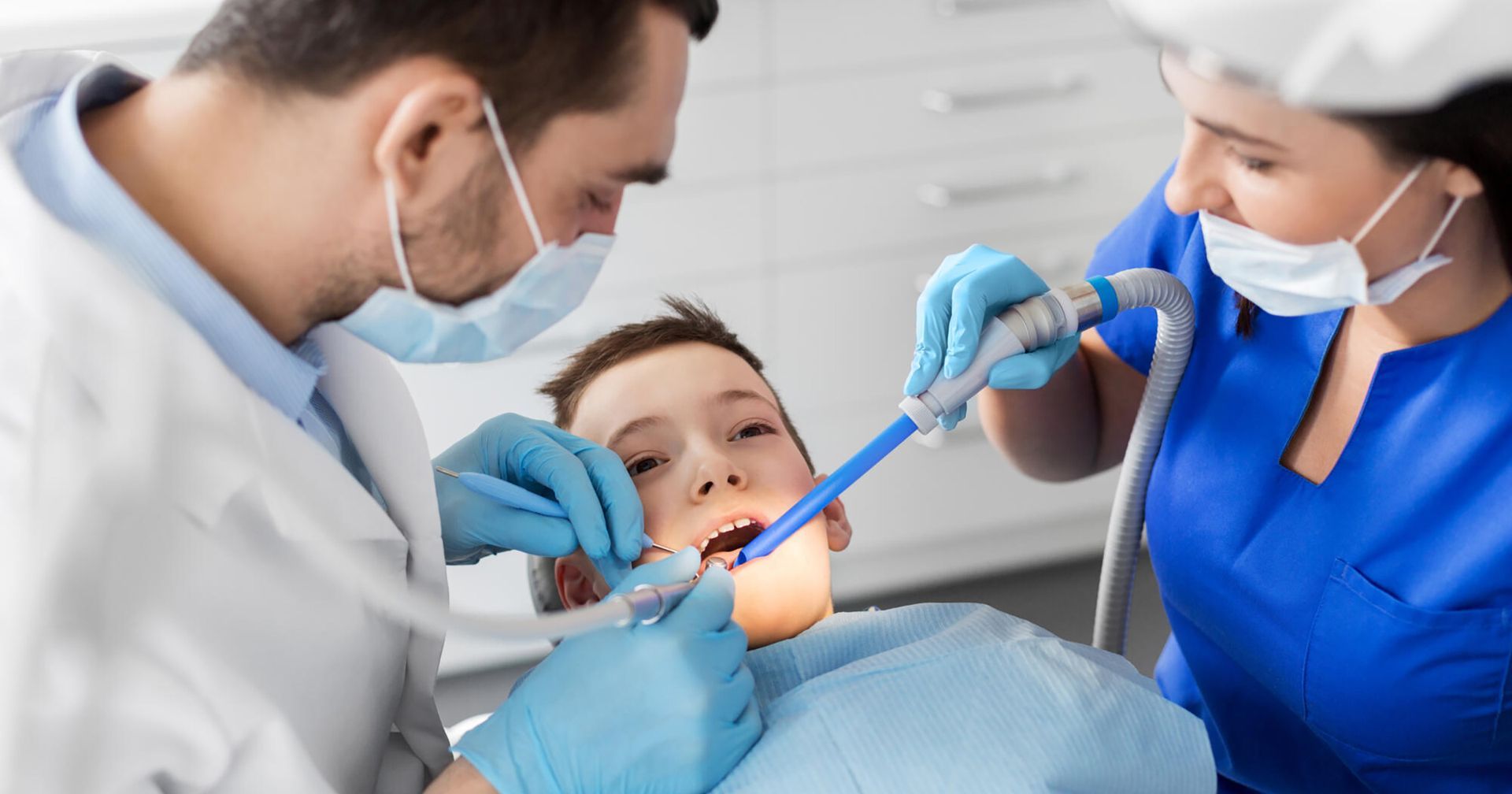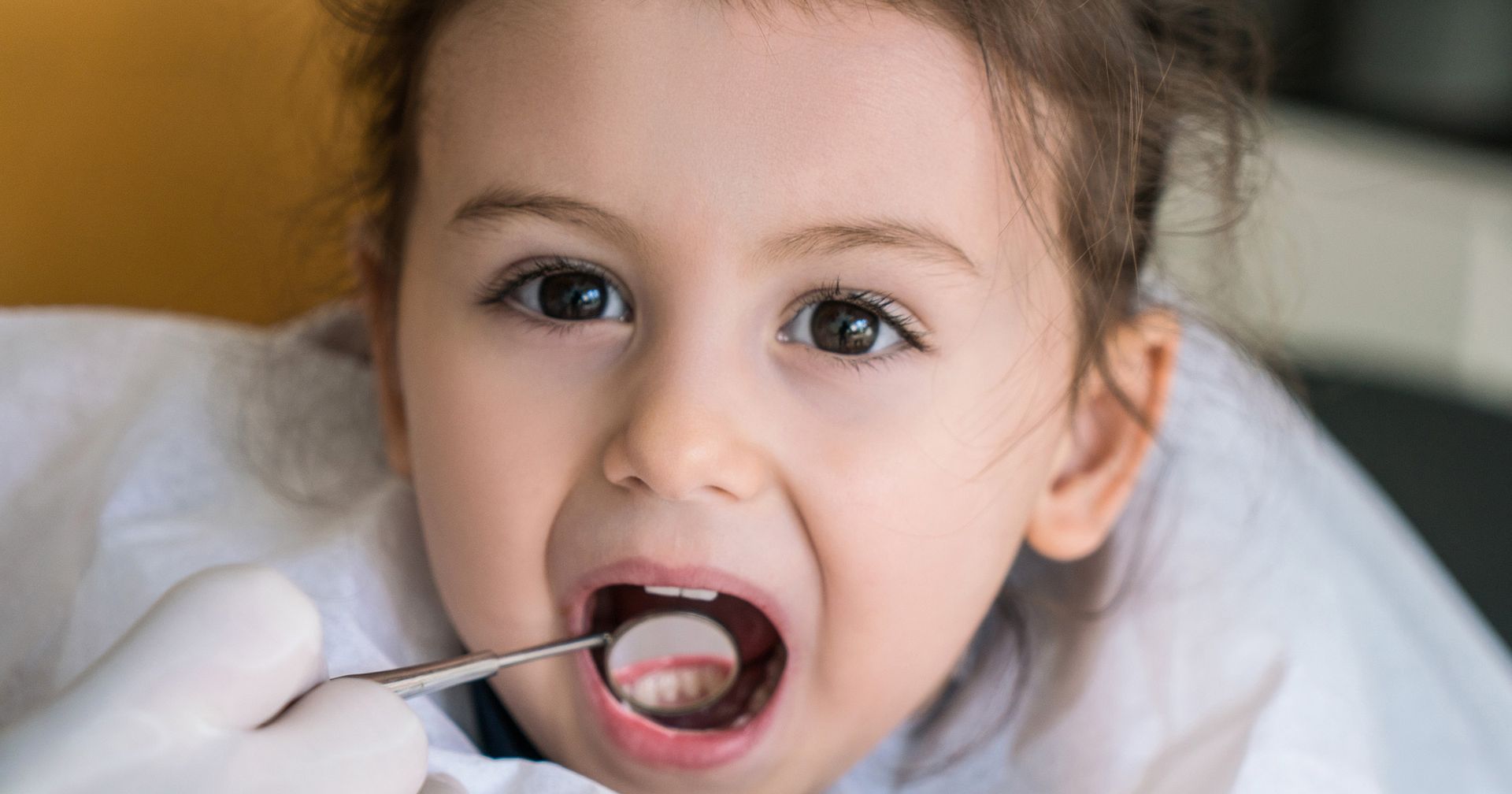Managing Thumb Sucking and Pacifier Habits
Discover tips to manage thumb-sucking and pacifier habits in children. Find out how to successfully wean them off and avoid thumb-sucking and teeth damage.
Does your child suck their thumb? Are you concerned this habit is setting them up for lifelong dental problems?
As a parent, you want to ensure your child's smile is as bright and healthy as possible, but persistent thumb-sucking can pose serious risks.
Understanding the connection between thumb sucking and teeth damage is crucial to safeguarding your little one's dental health. These habits can lead to misaligned teeth, speech issues, and even long-term oral health problems.
Are you ready to learn how to prevent dental issues in kids and ensure they maintain a confident, healthy smile? Keep reading to discover effective strategies for managing thumb-sucking and pacifier habits.
Understanding Thumb Sucking and Pacifier Habits
Thumb sucking and pacifier use usually start in infancy. Babies suck their thumbs or pacifiers because it makes them feel safe and calm. It reminds them of feeding and helps them relax. Most children stop these habits on their own between ages two and four.
Thumb sucking and pacifier use have psychological and emotional significance. They provide comfort during stressful times, such as when they feel:
- Scared
- Tired
- Upset
Thumb Sucking and Teeth Damage
As discussed, thumb sucking is a common habit among young children as it helps them feel secure and comforted. However, when the habit continues past four years old, it can cause dental problems.
Thumb sucking and teeth damage have become a genuine concern for parents and dentists alike. The pressure from sucking can change the shape of the mouth and the alignment of teeth. It can even affect the roof of the mouth.
It's essential to help children stop thumb-sucking before it leads to long-term issues. Here are some common dental problems linked to prolonged thumb sucking:
- Open bite: The upper and lower teeth do not meet when the mouth is closed
- Overbite: The front teeth stick out over the bottom teeth
- Speech problems: The habit can cause difficulty in pronouncing certain sounds
- Misaligned jaw: The jaw may not develop properly, leading to alignment issues
- Changes in the roof of the mouth: The thumb can alter the shape of the palate
- Increased risk of cavities: Thumb sucking can introduce more bacteria into the mouth
When to Wean Children off Habits Like Thumb Sucking
Weaning children off habits like using pacifiers and thumb-sucking can be challenging but necessary for their development. It's recommended to start the weaning process by age three.
The goal is to gently encourage the child to stop thumb-sucking or using a pacifier before these issues become ingrained. Here are some signs your child is ready to be weaned:
- Increased independence: Your child can soothe themselves with toys or blankets instead of a pacifier
- Verbal communication: They can express their needs and feelings with words, reducing the need for a pacifier for comfort
- No longer seeking comfort: They don't seek the pacifier or thumb when tired or upset
- Interest in others' opinions: They notice older children or friends who don't use pacifiers or suck their thumbs
- Discomfort with habit: Your child starts to show discomfort or embarrassment about their habit in social settings
Strategies to Stop Thumb Sucking
Stopping thumb-sucking can be challenging, but several strategies can help. Let's review some popular methods now.
Method One: Positive Reinforcement
Positive reinforcement techniques work well. When your child avoids thumb-sucking, praise them and give them a small reward like stickers or extra playtime. These rewards make them feel proud and encourage them to keep trying.
Method Two: Use Deterrent Devices
Using thumb guards or other deterrent devices can help break the habit because these devices make thumb-sucking uncomfortable. They can be worn during the day or just at night. This physical reminder helps children stop the habit without feeling punished.
Method Three: Teach Alternative Coping Methods
Encouraging alternative comfort activities can also reduce thumb sucking. Offer a favorite stuffed animal or blanket when your child feels the urge to suck their thumb.
Pacifier Weaning Techniques
Weaning a child off a pacifier can be challenging, but several strategies can help ease the transition. Here are three standard techniques that dental clinics recommend.
Method One: Gradual Reduction
One effective method is gradually reducing pacifier use. Start by limiting your child's use of pacifiers. For instance, allow them only during naps and bedtime.
Gradually reduce the duration until the child no longer needs it to fall asleep. This approach helps your child adjust without feeling the sudden loss.
Switch to Comfort Objects
Introducing comfort objects as substitutes can also help. Encourage your child to use a soft toy or blanket instead of a pacifier. These objects can provide the same sense of security.
Make the new comfort object special by giving it a name or involving your child in choosing it. This can help make the transition smoother and less stressful for your child.
Setting Limitations
Another technique involves limiting pacifier use to specific times or places. For example, pacifiers should be allowed only at home and not in public spaces. Gradually restrict its use to only the child's bedroom.
Over time, your child will associate the pacifier with specific routines and find letting go outside those environments easier. These techniques, combined with patience and consistency, can help your child successfully wean off the pacifier.
- Oral Hygiene Tip: You want to instill good oral hygiene habits in children while they're still young
The Path to Healthy Smiles Ahead
Addressing thumb-sucking and pacifier habits early on is crucial for your child's dental health and overall well-being. By understanding the correlation between thumb sucking and teeth damage, you can guide your child towards a healthy smile and confident future.
Experience pain-free, needle-free dentistry for your child at Dental Studio 4 Kids, founded by Dr. Denisse Lasanta. We specialize in care for children from birth to 18 years and use the Solea dental laser for virtually painless treatments.
We welcome special needs children and offer services in English and Spanish. Contact us today to ensure your child receives the best pediatric dental care in Lutz, FL!












